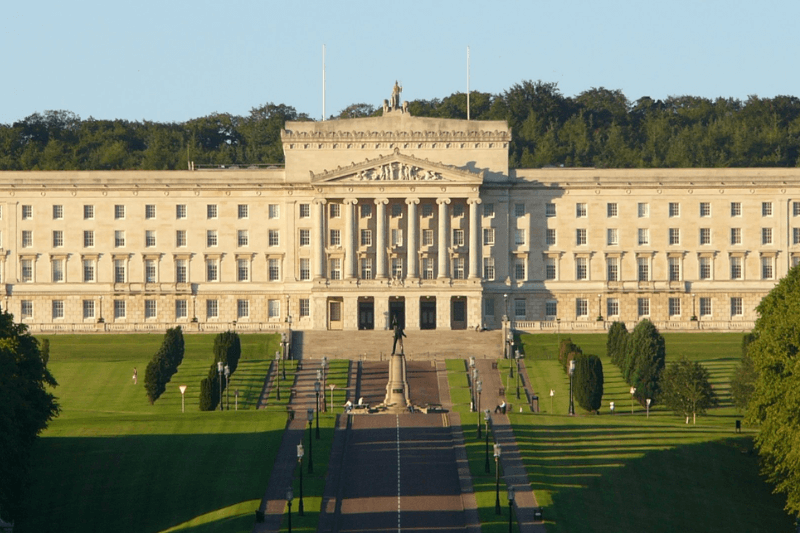
Unlocking Northern Ireland’s Future: Stormont’s Roadmap to Progress
Unlocking Northern Ireland’s Potential
In a pivotal meeting at Stormont Castle, party leaders and officials laid the groundwork for a new executive, focusing on the priorities that will shape the region’s future. Sinn Féin, DUP, Alliance Party, and UUP deliberated on the path forward, emphasizing collaboration over opposition.
Ending the Two-Year Devolution Void
As the Northern Ireland Assembly reconvenes precisely two years since devolution’s collapse, the Democratic Unionist Party (DUP) concluded its boycott, fostering a fresh start. The decision followed a breakthrough deal with the UK government on post-Brexit trade rules, marking a turning point for the region’s political landscape.
Keep Reading
Empowering the Executive for Change
The meeting centered on immediate priorities for the future executive, reflecting the collective vision for Northern Ireland’s resurgence. DUP leader Sir Jeffrey Donaldson emphasized the importance of realigning with the spirit of devolution, fostering a sense of unity amid diverse political perspectives.
As the assembly gathers on Saturday, historical moments await with Sinn Féin nominating the first minister, and the DUP nominating a deputy first minister, symbolizing a shared responsibility for Northern Ireland’s governance. The shift in power dynamics marks a significant juncture in the region’s political narrative.
Opposition Dynamics and Accountability
While the SDLP chooses opposition, providing a check and balance mechanism, questions loom about Stormont party roles and responsibilities. The intricate dance between government and opposition unveils the complexities of creating a robust political ecosystem.
The agreement’s core, addressing post-Brexit trade rules, holds promises for the struggling public services in Northern Ireland. However, concerns persist about the adequacy of the proposed £3.3bn package, with calls for additional funding to meet the region’s evolving needs.
A backdrop of legal opinions surfaces, adding a layer of complexity to the deal. Unionist voices, including Jim Allister and John Larkin KC, express reservations, underscoring the challenges of uniting diverse opinions within the unionist community.
Jeffrey Donaldson’s Vision
Despite criticism, Sir Jeffrey Donaldson remains resolute, asserting that the deal brings about tangible change. His focus on altering the Northern Ireland Protocol and securing financial support for the region frames his narrative, setting the tone for the executive’s immediate actions.
In conclusion, Stormont embarks on a new chapter with a sense of optimism and cautious anticipation. As the executive takes shape, the intricate dance of politics and governance in Northern Ireland unfolds, weaving a story of resilience, collaboration, and the pursuit of a brighter future.


